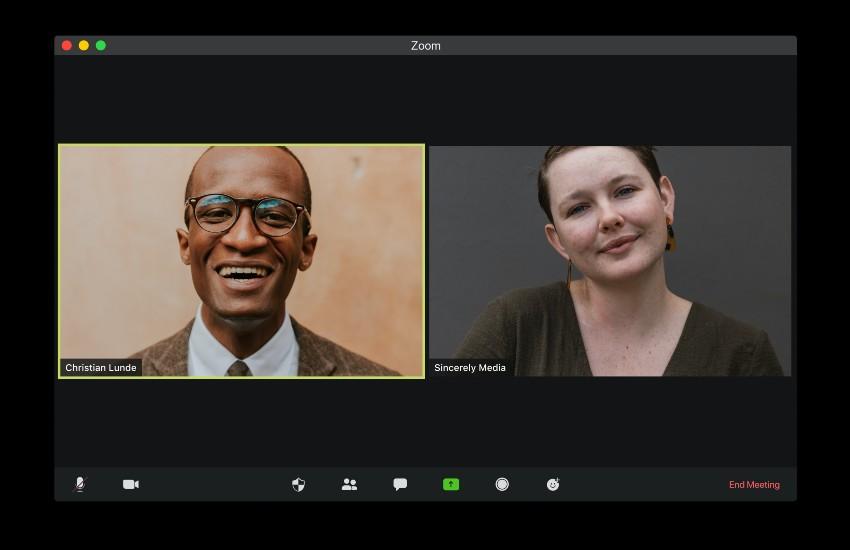6 Great Questions to Ask Your Interviewer
Published: Sep 07, 2021

In interviews, hiring managers and recruiters will inevitably ask, “So, do you have any questions for me?” And when they do, you better have at least a few questions prepared to ask. As for which questions you should ask, below are six great ones, all of which will show that you’ve prepared for your interview and are very interested in the job you’re interviewing for.
1. Ideally, what are you looking for someone in this role to achieve in the first three months of work?
If you haven't been asked this question during an interview, it's a good time to ask it now. Asking this question will show that you’re eager to get started without delay. No one wants candidates to spend weeks or months "getting to know the organizational structure better." They want to see an employee that prefers to learn on the fly—and make an impact immediately. Also, the answer to this question will show you what the role will entail, thus showing you if it’s the right role for you.
2. What are three qualities that your best employees possess?
Good candidates want to be good employees. They know that all companies are different and require different qualities to be successful. Maybe this company wants employees to work late. Maybe it values creativity over being able to follow protocol clearly. Maybe it’s looking to conquer new markets, so attracting new customers is more important than maintaining long-term relationships with old ones. Good candidates need to know what companies want from a candidate. They want to be know what it takes to succeed at the new workplace.
3. What does the performance of the position depend on?
HR specialists need to find the right people to fill open positions thereby minimizing turnover rates, reducing the cost of training new employees, and increasing overall productivity. As a good candidate, you need to know what qualities will allow you to contribute the most to the overall business—the success of the entire company depends on your (and other employees’) personal success and performance.
4. What percentage of your employees were hired by internal recommendation?
Employees who love their jobs typically recommend their employers to their friends and acquaintances. The same goes for supervisors—they make sure to bring in those with whom they've worked before; it took them a long time to prove their competence and build a relationship based on trust, so people instinctively follow them. And so, this question will help you better understand the quality of the work environment and the team atmosphere. If a lot of people were hired by recommendation, you’ve likely found a great environment.
5. Ask a question about something specific you’re interested in knowing that you didn’t (yet) find out during your interview.
If you’re interested in some specifics of the role that you didn’t grasp during your interview, don’t be afraid to ask about it. Examples of these types of questions to ask include:
- Could you be more specific about the day-to-day responsibilities?
- Will there be any training needed before I start working?
- What are the specifics of the probationary period for this position?
- Does the company provide additional professional development training for its employees?
- Could you describe in general the working atmosphere in the company?
- Can you tell me about the team in general?
- Who would I work for and with which other departments?
6. Is there anything else you need from me or that I can provide?
This question is almost a must-ask. It shows that you’re willing to provide whatever information is necessary, and thus it shows that you’re extremely interested in the position. It’s the perfect question to end you’re interview with.
A final note
A great way to make sure you don't forget these questions is to practice before your actual interview. You could ask a friend to play the role of a hiring manager and run through a practice interview that way. Or you could record yourself answering and asking questions via Zoom or Movavi Video Editor Plus, and then watch the recording and take note of what you're doing well and what you need to work on. Whichever way you to decide to practice, when you do prepare by practicing, you'll likely find that your interview stress and anxiety will go way down—which will do wonders for the success of your actual interview.
